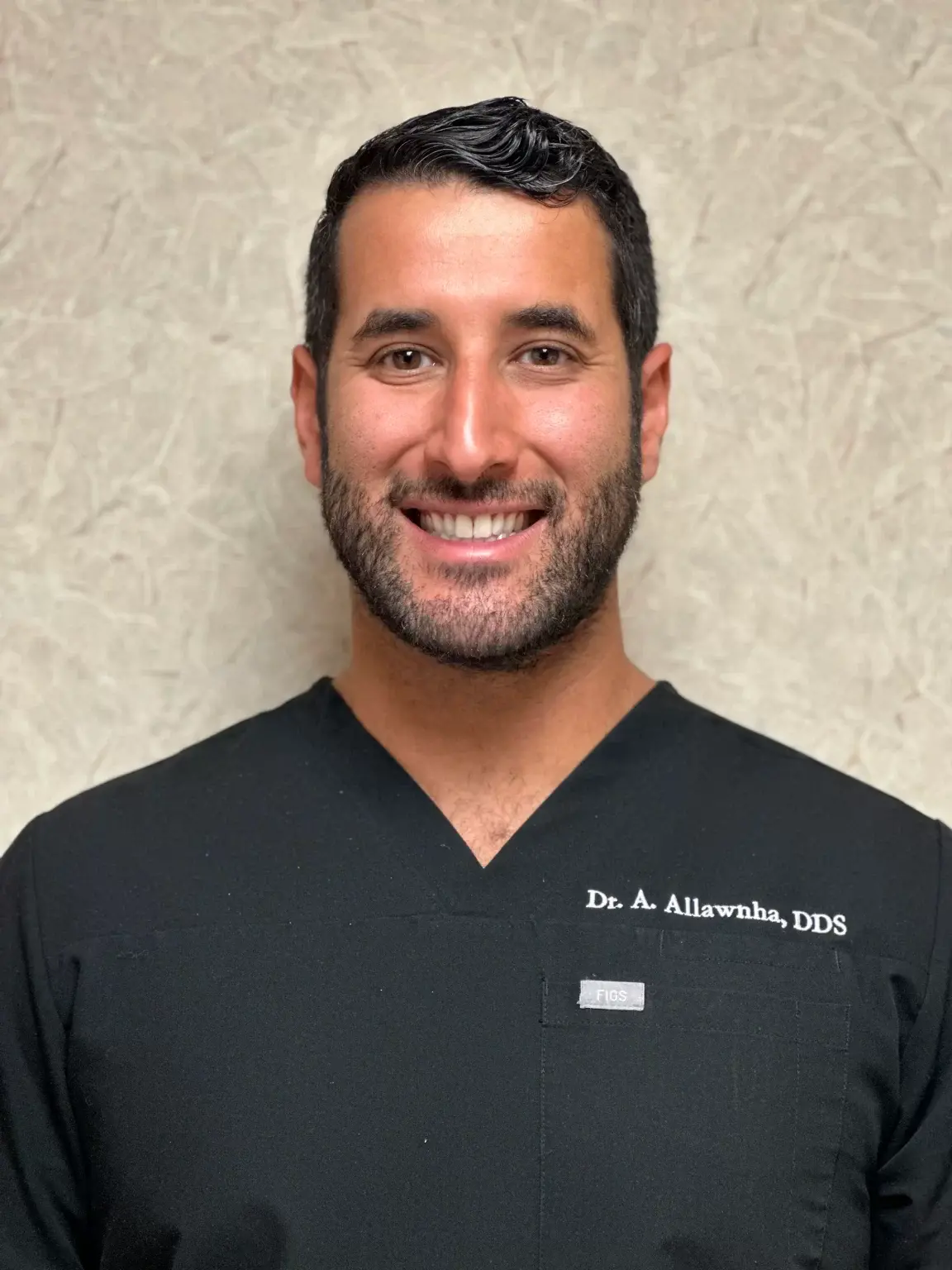“What is tooth enamel?” you might be wondering.
It refers to the substance that forms a protective shell around each tooth. Tooth enamel acts as a strong barrier to protect your teeth’s inner layers from acids, plaque, and foods and drinks that are too hot or cold. The enamel is mainly composed of minerals, primarily hydroxyapatite.
The enamel can have a range of colors, from light yellow to grayish-white. It is semi-translucent and is partially responsible for your teeth’s color. With the development of synthetic enamel, can this be a game-changer for people whose natural enamel has worn down? Century Dental is here to enlighten you.
Importance of Enamel
Dentists are committed to protecting the enamel of patients. Any action can damage a person’s teeth, such as chewing, biting, or putting something in their mouth. The enamel’s strength is what prevents the teeth from breaking apart.
The enamel also serves another essential function: it protects the incisors from possible painful temperature changes or chemicals. Even though dental enamel is a tough surface, it can still sustain damage.
When the enamel is worn out, chipped, or broken, bacteria can penetrate the underlying tooth, causing severe infections. It opens the door to decay and other problems that can cause additional damage to the tooth.
Causes of Tooth Enamel Erosion
Now that you know the answer to “what is tooth enamel?” the next thing is to know the causes of enamel erosion. When enamel suffers damage, the body can’t repair it because the enamel is not made of living cells.
By getting dental treatments and taking care of your teeth, you can stop erosion from getting worse. Here are some symptoms to watch out for:
- Discoloration
- Sensitivity
- Chips and Cracks
- Indentations on the surface of your teeth
If you are experiencing symptoms of enamel erosion, possible causes include:
1. Chronic Dry Mouth
Saliva aids in digestion by helping break food down. Saliva also neutralizes plaque, an acidic byproduct of oral bacteria. Teeth are exposed to higher acidity levels if the body does not produce sufficient saliva, leading to dental enamel damage.
2. Genetics
Individuals with thinner teeth enamel are more susceptible to tooth decay and other harmful effects of oral wear and tear.
3. Poor Nutrition
Not consuming the right combination of nutrients can cause enamel erosion. Lack of vital nutrients can cause enamel dental wear and decrease overall health. Poor nutrition and enamel erosion are also associated with eating disorders like anorexia, bulimia, and binge eating.
4. Bite Misalignment
You may not have a proper bite alignment. If this happens, your teeth will wear unevenly against each other, resulting in enamel erosion, deep pits, and jaw joint dysfunction. Orthodontics (braces) and other alignment solutions may help prevent further dental wear.
5. Aging
Teeth naturally wear down as you age due to daily use. However, natural wear and tear will ultimately impact every smile. Better oral hygiene and a greater emphasis on preventive dentistry will ensure that teeth remain healthy.
6. Acid Reflux
Acid reflux, also known as GERD, exposes enamel and teeth to stomach acid. This acid can quickly eat through the most durable enamel. Most people with GERD suffer enamel dental wear and weakening in the back part of their mouths first.
7. Certain OTC and Prescription Drugs
Prescription medications, aspirin, and allergy medication can reduce saliva production, which increases the likelihood of dry mouth and the risk of dental wear.
Medications that can cause dry mouth include:
- Antihistamines
- Benzodiazepines
- Decongestants
- Bronchodilators
- Stimulants
- Analgesics
- Antipsychotics
8. Bruxism
Extreme bruxism can severely damage teeth with cracks and breaks. All that grinding, clenching, and gnashing can also cause enamel to wear. Bruxism occurs more often during sleep; however, some people have awake bruxism.
Artificial Enamel for Teeth: What Research Says
You can thank your tooth enamel, which is just a few millimeters thick, for protecting your pearly whites as you grind hard foods and clench your teeth when you’re stressed. It allows you to chew, mash, and shred food without causing any discomfort to the delicate tissues underneath.
Dental scientists have long sought to create a super thin but strong structure to help maintain healthy teeth. Recently, a team of experts has taken artificial enamel to the next level.
Researchers from Peking University, the University of Michigan, and Beihang University created a fabricated enamel for teeth stronger than natural enamel. In this 2022 study, the group describes the artificial enamel they developed and how it compares to the natural ones.
Researchers created artificial enamel for teeth based on the natural enamel, but experts modified it in the laboratory to withstand greater dental wear and tear. Other engineers may have been capable of recreating certain areas of this hard outer coating, but this new approach considers both the stiffer and more elastic components, allowing a closer match to the actual enamel’s structure and composition. Enamel’s complex and intricate structures are key to its strength, making it difficult to create artificial enamel.
What’s Next for Artificial Tooth Enamel
Researchers plan to continue testing the artificial enamel material to ensure it can withstand extreme environments like those in the human mouth. They will also need to prove that it is safe to use in humans and can easily be mass-produced.
They point out that if their artificial tooth enamel passes all necessary tests, they could use it for more purposes than just dentistry. For example, they suggest that experts could use artificial enamel to cover pacemakers or repair bones that have been broken or eroded by use or disease.
How to Keep Enamel Strong
While synthetic enamel is still under testing procedures, it is best to take good care of your natural enamel. While some wear and tear are natural, there are many things you can do to ensure that your teeth’s protective barrier remains strong.
These simple steps will help you maintain a healthy smile and keep your mouth in top condition.
1. Eat foods that protect your teeth’s enamel.
Calcium in foods counters acids that can cause decay in your mouth. It also helps keep your bones and teeth healthy. To help reduce calories, choose low-fat and fat-free foods. Cheese, milk, and other dairy products help protect and strengthen enamel.
2. Use fluoride.
Fluoride is called “nature’s cavity fighter” by the American Dental Association (ADA) because it strengthens enamel and repairs early stages of tooth decay. Fluoride toothpaste is recommended by the ADA as soon as a child’s first tooth appears. You should follow this recommendation throughout your entire life.
3. Schedule regular dental visits.
Keep your teeth strong by visiting your dentist at least every six months for a checkup. Your dentist will ensure you get the correct amount of fluoride to harden and protect your enamel.
They can also spot any signs of trouble, such as decay or tooth grinding, before they cause significant damage.
4. Avoid over-brushing.
Brushing too fast or hard can wear down enamel. Avoid this by holding a soft bristle brush at a 45-degree angle towards your gums. Move the brush in short, gentle strokes for about the interval of one tooth.
After eating sweets and citrus fruits, you should wait at least an hour before brushing your teeth. Acidic foods can soften enamel, which makes them susceptible to damage.
5. Limit sugary drinks and foods.
The sugar in foods and drinks feeds the bacteria in your mouth, creating acids that soften and wear your enamel. Chewy candies that stick to your teeth can also damage your teeth.
Soft drinks with artificial sweetness are a smarter option than sugary ones. However, they can also wear down enamel over time. A glass of plain water is your best bet when you feel thirsty.
6. Watch out for dry mouth.
Saliva cleans away food and bacteria, which can cause cavities and fights acidic foods. To keep your mouth healthy and clean, drink water regularly.
If you engage in intense workout routines, make sure you hydrate before and after you exercise. You can keep saliva flowing by chewing sugarless gum and sucking sugarless hard candy.
Century Dental Has Your Dental Needs Covered
Keep your dental health in optimal condition with Century Dental.
While artificial enamel is still in the testing phase, you should ensure your natural enamel is in the best shape. We have a team of dentists in Madeira Beach, FL, who can help you with all your dental care needs. Schedule an appointment with us today!





